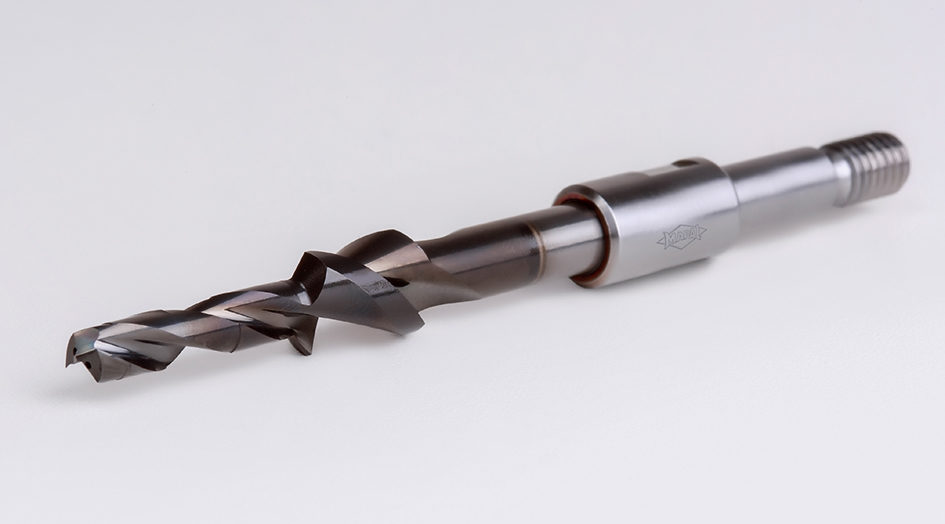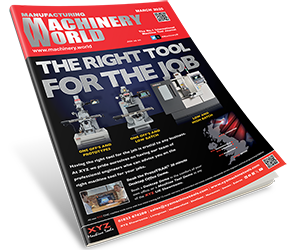During the assembly of aircraft, manufacturers frequently stack different aluminium alloys for the production of the aircraft fuselage. During final assembly, drill feed units are employed to drill holes for rivet joints in the aluminium alloys that form the ribs and outer skin of the aircraft. MAPAL has now developed its Al/Al Stack drilling line to resolve issues that arise during this assembly process.
Until now minimum quantity lubrication (MQL) drilling has used to cool the drills and countersinking tools. Despite the MQL application, coolant still got inside the aircraft where further assembly steps are conducted simultaneously. Additionally, this form of coolant application still required extensive cleaning. As a result, the aerospace industry has been seeking a solution for the dry machining of the Al-Al stacks, MAPAL now has the solution.
Until the arrival of the Al/Al Stack drills from MAPAL, dry machining put significant demands on the tool performance and respective tool life whilst generating burrs that cannot be accepted at this critical stage of aircraft production. Furthermore, the heat generation also had an impact on the properties of the two different aluminium alloys in use.
MAPAL took up this challenge and developed a new drill with a countersink step. This new Al/Al Stack Drilling series conducts the drilling for the rivet joints dry. The twin cutting edged carbide tool has an extremely positive cutting edge and a double point angle. This minimises burr formation and achieves better centring.
The coating of the drill prevents material adhesion to the cutting edge whilst a lead-in stage provides for an optimum bore quality and precision. With specially formed chip flutes, the Al/Al Stack Drills ensure optimum chip removal. For cooling the drills, air is applied to prevent overheating of both the cutting edge of the drill and also the immediate vicinity of the fuselage. By cooling the cutting area and the aluminium, the new drills prevent burr formation. This compressed air supply is also used to blow out the chips.
One aircraft manufacturer is using the new drilling line for drilling the rivet holes on the longitudinal seam in the rear main span. Running at a spindle speed of 2,959rpm and a feed rate of 0.154mm, the 4.748mm diameter drill also has a 100° countersink angle that enables the drill to reliably produce 1500 holes with countersinks before the holes deviate from the extremely tight tolerance band of 4.73 to 4.805mm. The drill dimensions and countersink angles can be specified by the customer and manufactured to order. For further details on how MAPAL can clean up your aircraft assembly processes, contact MAPAL now.






